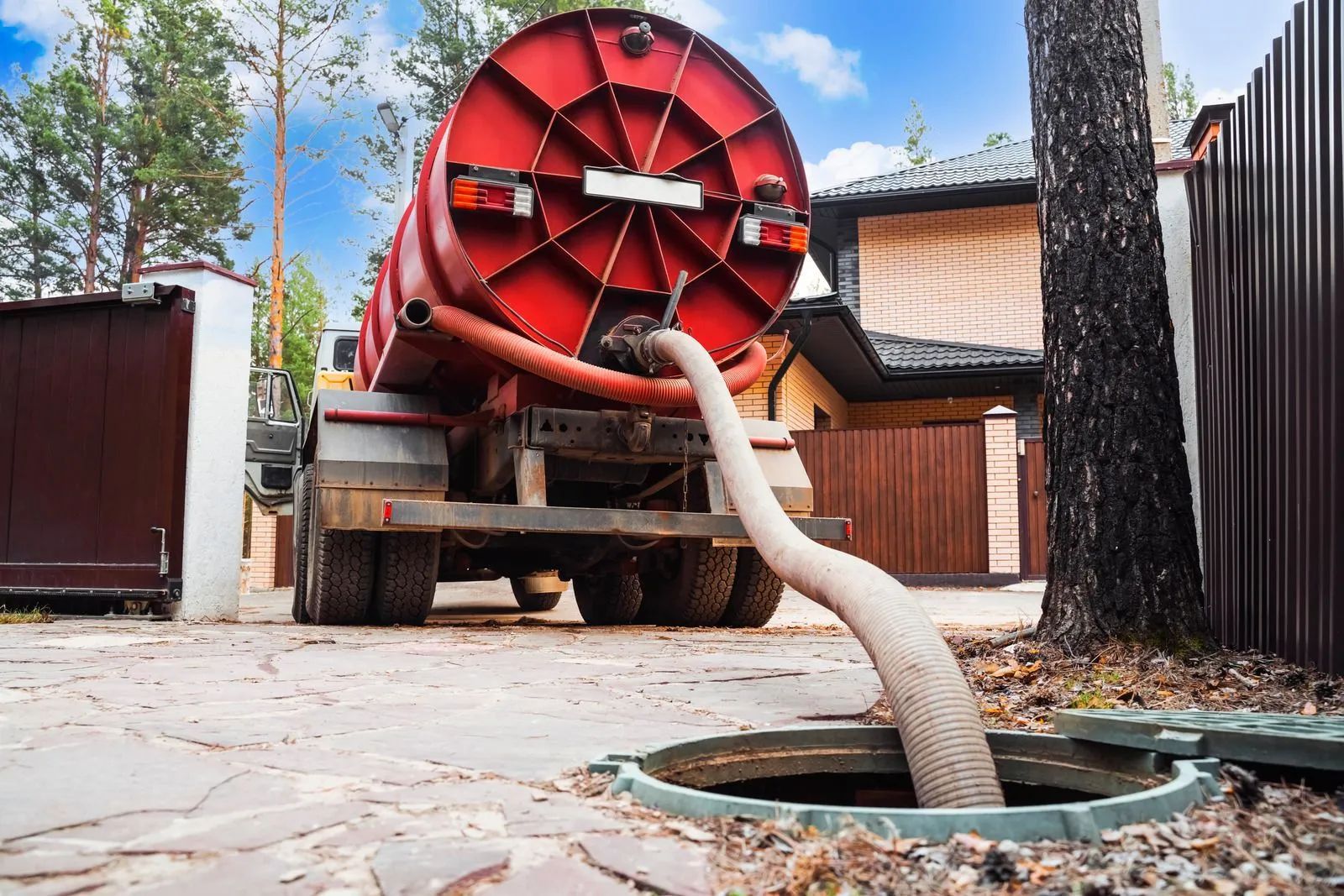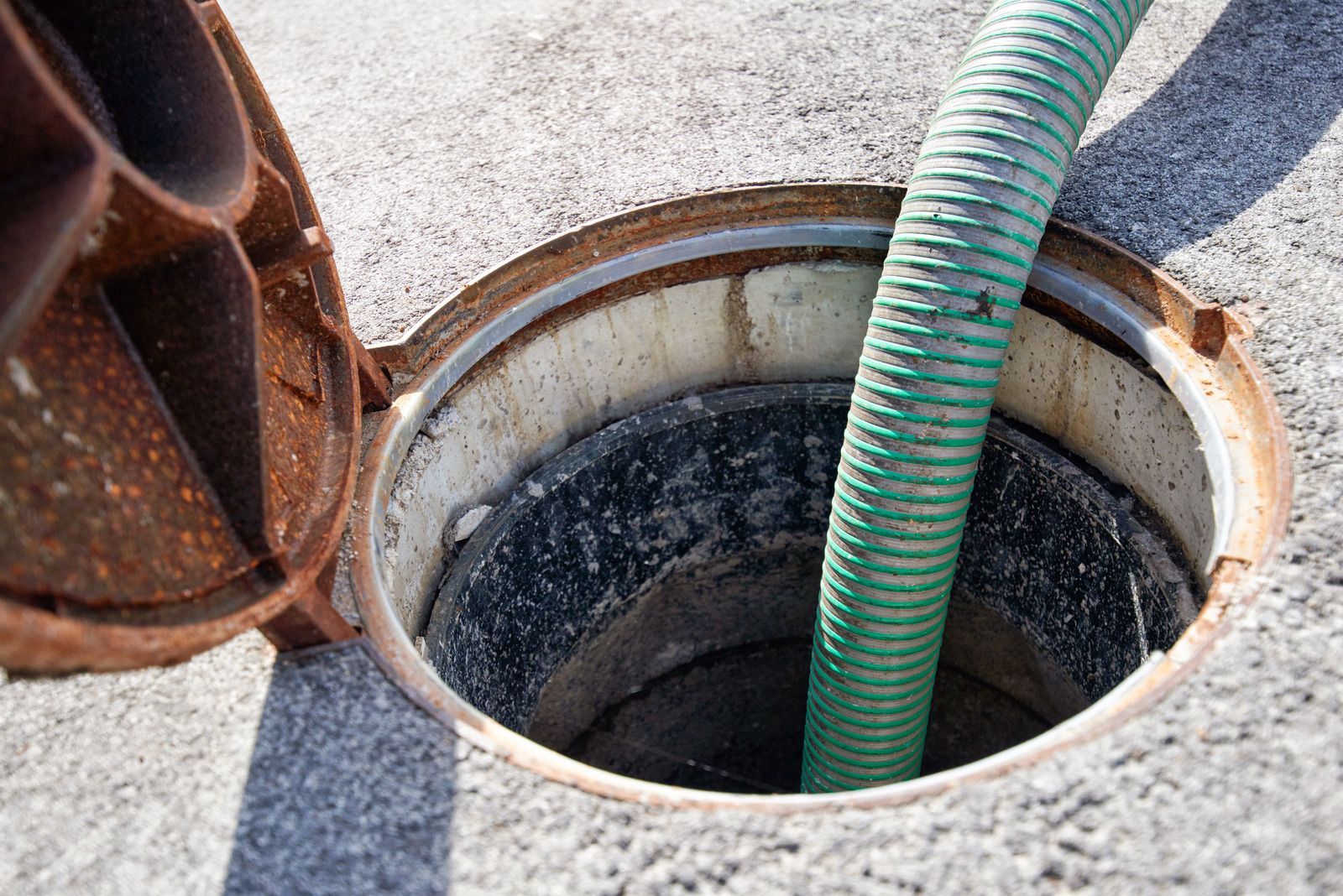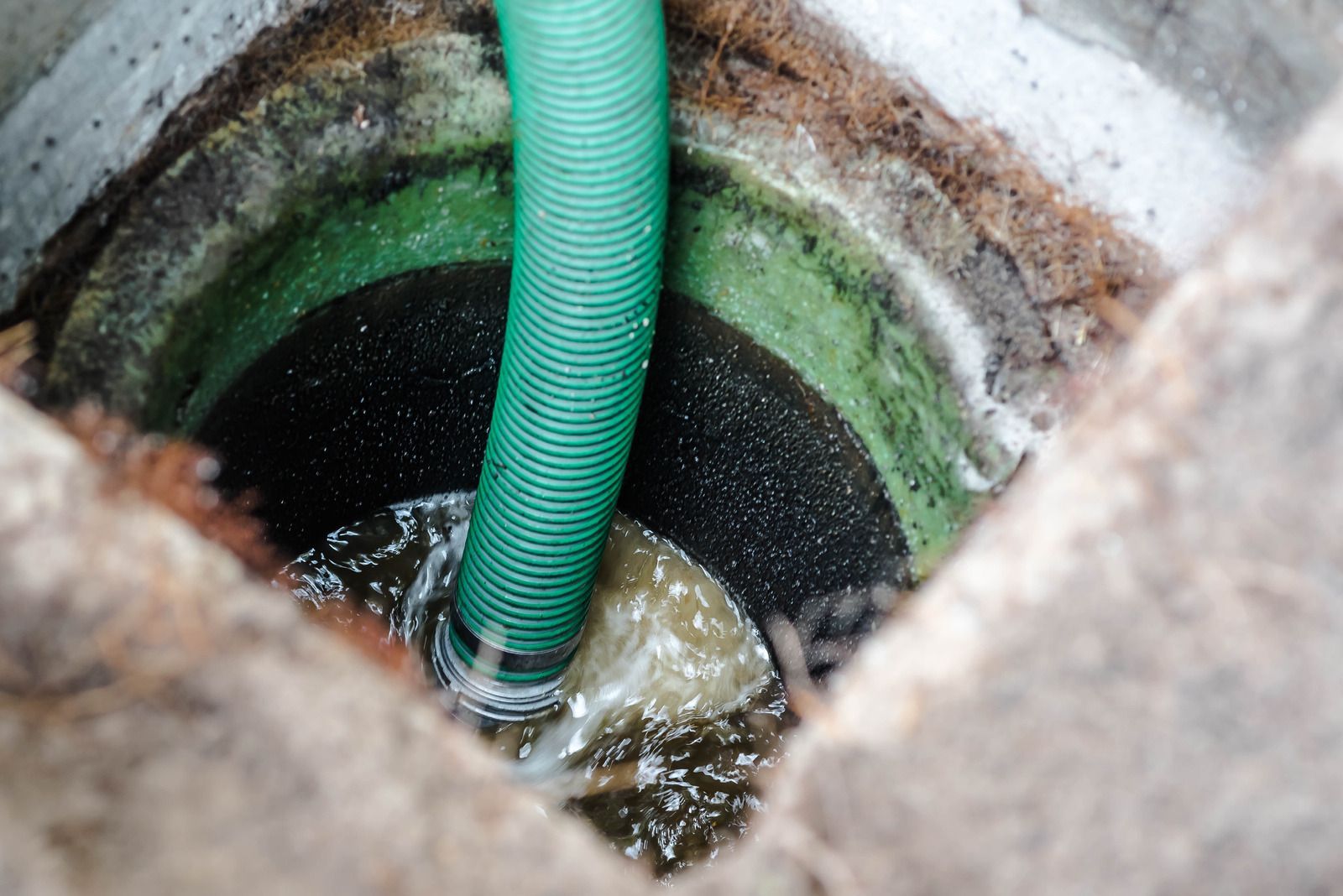Maintenance Tips for Septic Tank Pumping
Septic tanks are hidden elements in our property and we realize their importance only when they fall into disrepair. The septic tank works hard behind the scene to keep your home hygienic. It quietly and efficiently handles your household wastewater, breaking it down into a less harmful form before releasing it back into the environment. Since it works all the time, it requires regular care and attention to function to the best of its abilities. Neglecting your septic tank can lead to costly repairs, environmental hazards, and unpleasant surprises. To ensure your septic system continues to operate smoothly and efficiently, understanding its basic functions and implementing some simple maintenance practices is essential. In this article we will discuss some tips so that your septic tank can be maintained.
Know Your Septic System
Understanding how your septic tank works is the first step. It’s a big underground container that holds wastewater from your home. Waste separates into layers: scum on top, clear water in the middle, and sludge at the bottom. The clear water goes out to the drain field while the sludge builds up.
Be Careful What You Flush
Your toilet is not a trash can! Avoid flushing things like wipes, diapers, cotton balls, or even too much toilet paper. These things can clog your pipes and damage your septic tank.
Watch What Goes Down the Drain
Just like your toilet, your drains aren’t for everything. Avoid pouring grease, oil, or strong chemicals down the drain. These can harm the bacteria in your septic tank that help break down waste.
Be Gentle with Your Garbage Disposal
If you have a garbage disposal, use it wisely. Grinding up food can send extra solid waste to your septic tank. Use it sparingly and rinse it well after each use.
Protect Your Drain Field
The drain field is where the clear water from your septic tank goes. Avoid parking or driving over it. Also, don't plant trees or shrubs near it as their roots can damage the pipes.
Conserve Water
Using less water helps your septic system. Take shorter showers, fix leaky faucets, and water your lawn wisely.
Watch for Signs of Trouble
Pay attention to how your plumbing is working. Slow drains, gurgling toilets, or sewage backing up are signs of a problem. If you notice any of these, call a septic tank professional right away.
Schedule Regular Pumping
One of the most important things you can do is to pump your septic tank regularly. The sludge builds up over time and needs to be removed. Most homes need pumping every 3-5 years, but it depends on how many people live there and how much water you use.
Opt For Professional Septic Tank Pumping Services
A well-maintained septic tank is an investment in your home's value and the overall health of your property and the best way to maintain it is to call a professional. Till the time a reliable partner comes along, implementing a few simple maintenance practices can help you take a proactive step towards ensuring a trouble-free and environmentally friendly wastewater management solution for your home.
Regularly inspecting your system, scheduling timely and professional pumping, and being mindful of what goes down your drains are key to maintaining a healthy septic tank. Early detection and prevention are the cornerstones of septic system care.




